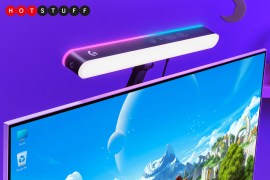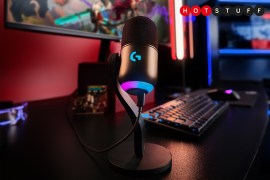From Animal Crossing to Zoom: the tech that defined 2020
And here's to a better 2021
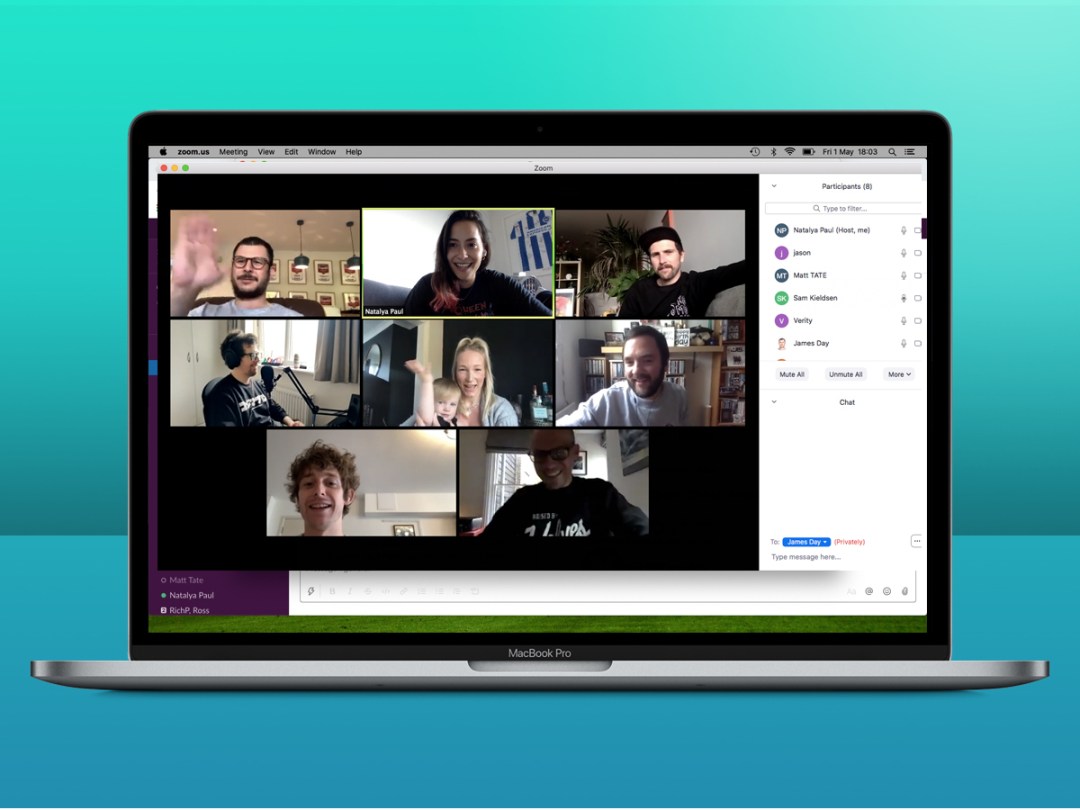
2020 has been a memorable year for all the wrong reasons, but if it’s proved one thing it’s that gadgets can help get us through the toughest of times.
So as we wave goodbye to this annus horribilis, like a turd floating off into the sunset, we’ve taken a look back at the tech that has helped us all cope.
Additional words by Matt Tate
There’s no place like Zoom
Before 2020 most people only knew Zoom as a delicious ice lolly, but when lockdown began and we all found ourselves consigned to our homes, the video chat app became the hub of both our work and social lives almost overnight.
It was the office during the week, the pub on Friday night, an arena for quizzing at the weekends, and a general porthole to the outside world whenever required (which, let’s be honest, has been quite a lot). Perhaps best of all, it didn’t even require you to put on any trousers.
Next-gen consoles made their mark
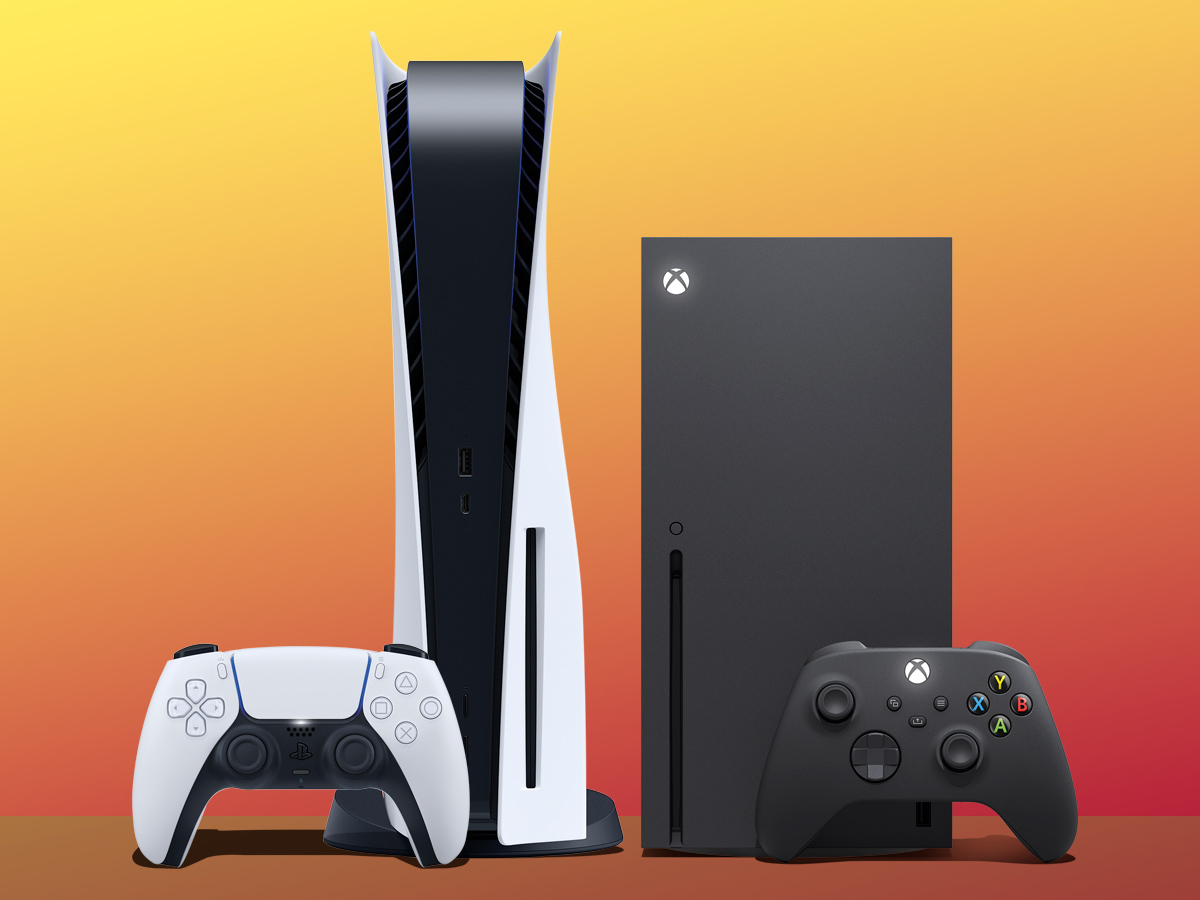
Not even a once-in-a-lifetime (hopefully) pandemic could stop the launch of two new consoles in November, but it was mainly the stock shortages that dominated the headlines around launch week.
PS5 deliveries were particularly buggy, with some of those lucky enough to bag one on pre-order opening their packages only to discover air fryers, cat litter and other very-much-not-consoles inside. If you haven’t managed to pick either up yet, chances are it’ll now define your 2021 instead.
Video games saw us through the boredom
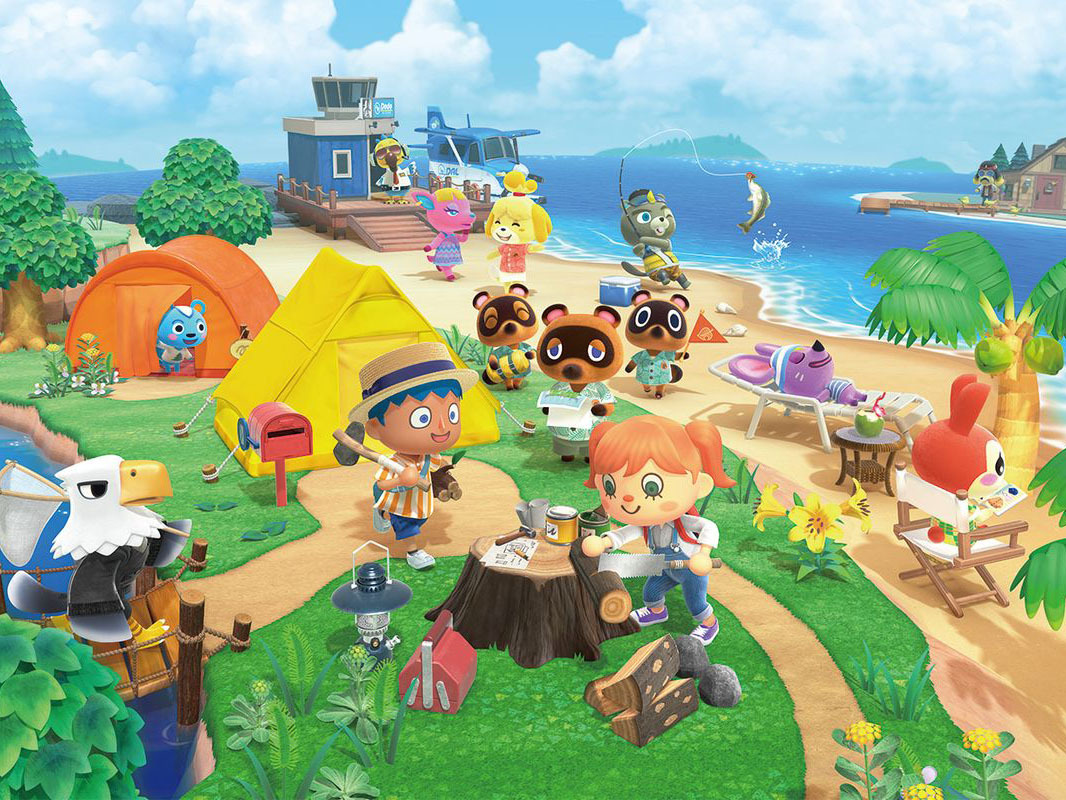
If there was one industry that absolutely boomed during the long lockdown months, it was the video game industry. Longtime gamers took the opportunity to start working through their enormous backlogs, while others picked up a pad for the first time in years.
It’s impossible to talk about gaming in 2020 without mentioning Animal Crossing: New Horizons. The debut Switch instalment of Nintendo’s long-running social sim provided not only the perfect escape from the relentlessly grim headlines, but also somewhere to virtually meet up with friends at a time when doing so in real life wasn’t an option. The game was so big that it got its own in-game talk show, and while player numbers have dropped off since then, its place in the history books of digital culture is secured.
But it wasn’t all fossil-hunting with anthropomorphic animals. After several delays, the long-awaited sequel to The Last of Us finally arrived in the summer, Tony Hawk’s Pro Skater was reborn, and Stuff‘s game of the year Hades proved that indie games could outshine even the biggest blockbusters.
Fitness came home
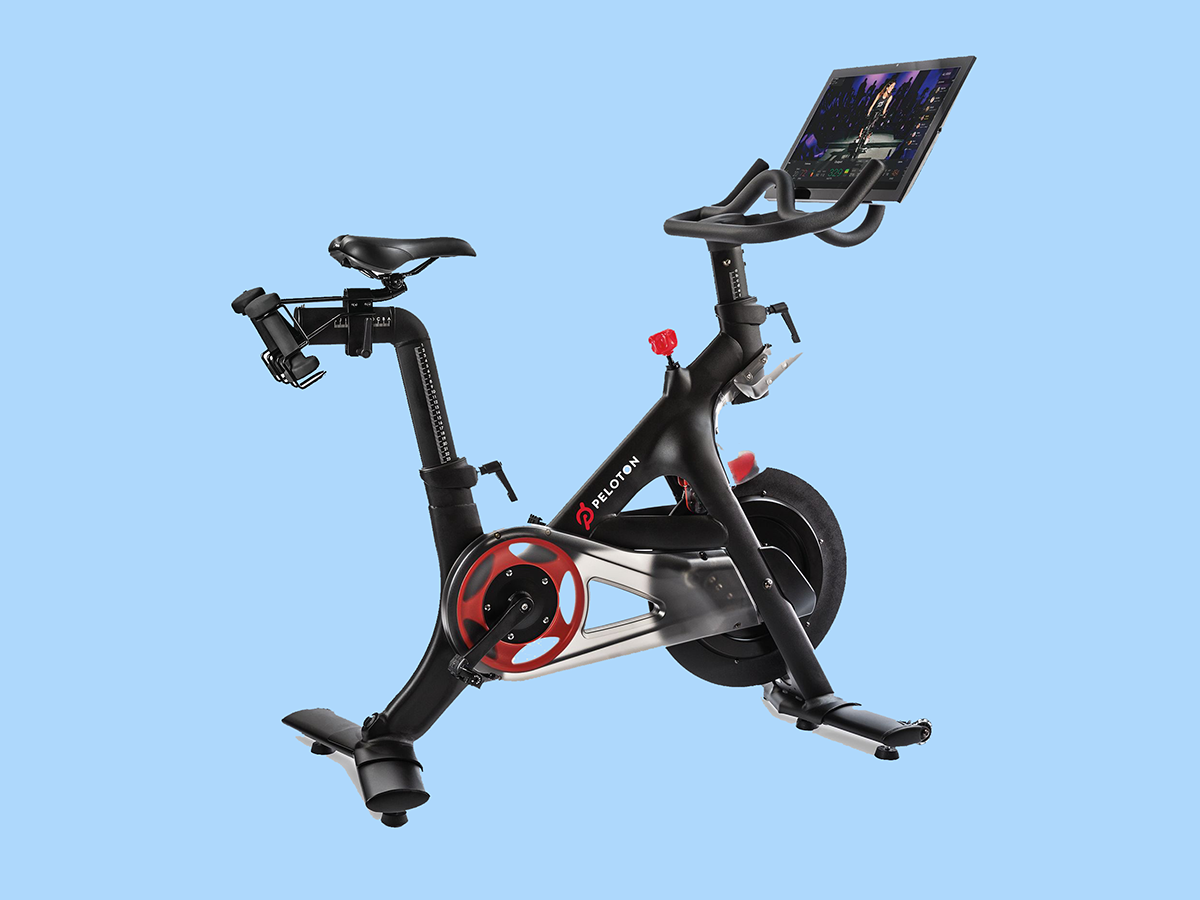
While being stuck at home offered us all the perfect excuse not to go to the gym, it also made a lot of people realise they didn’t need to be forking out £40 a month on a membership they didn’t even want.
Whether it was workout videos on YouTube, yoga classes on Zoom, or the weaponised smugness of a Peloton subscription, no matter how you like to work off last night’s Viennetta, tech has really stepped up to the plate.
A Portal to the outside world
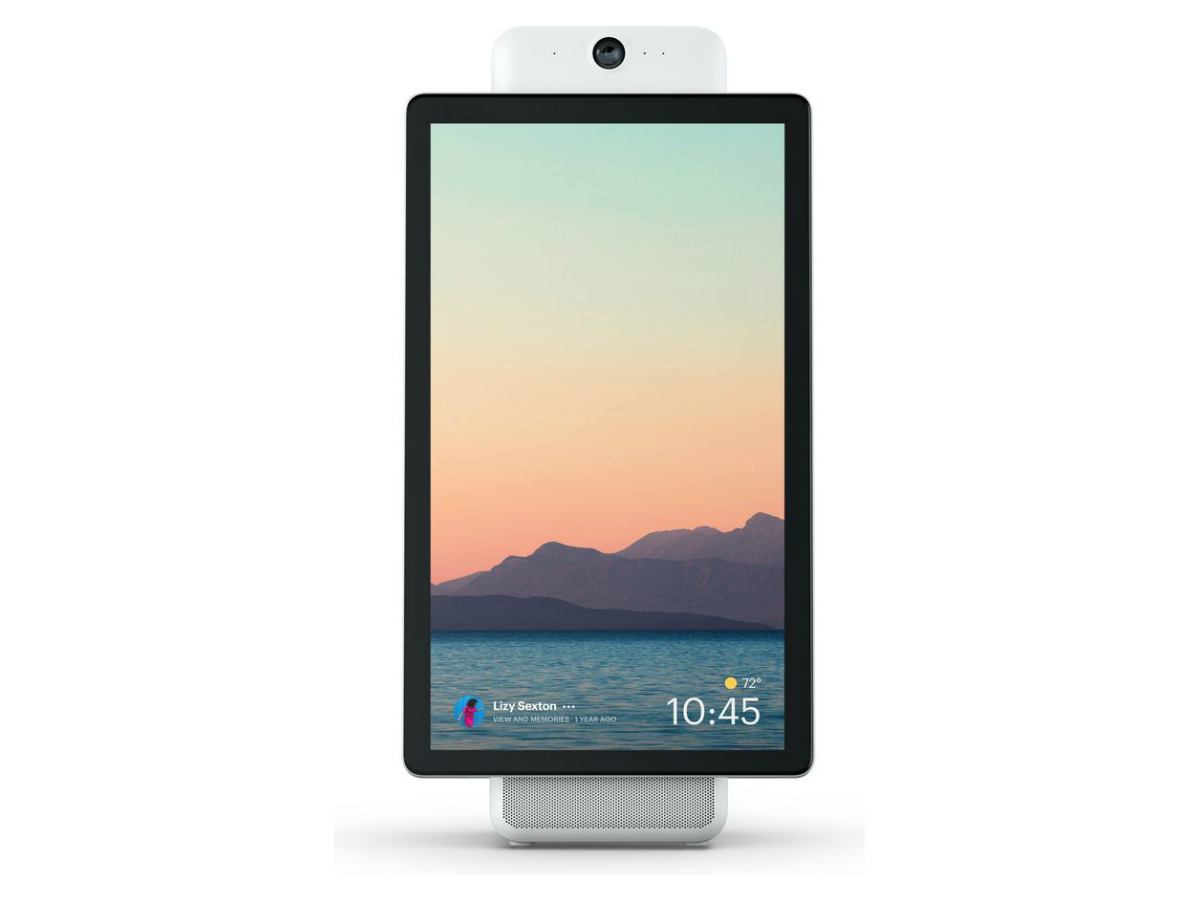
For some people, Facebook’s privacy record makes it about as welcome in their home as Boris Johnson on a fart-powered bulldozer, but there’s nothing like a pandemic to make people think again.
With a lens that follows you around the room like the eyes on a creepy painting, Facebook’s range of cameras take your video chat game to another level and mean you can catch up while reclining on the sofa or wandering around the room, rather than balancing your laptop on your chest and giving everybody a view of your double chin. They’re great for getting your gran connected too.
It’s in the blood
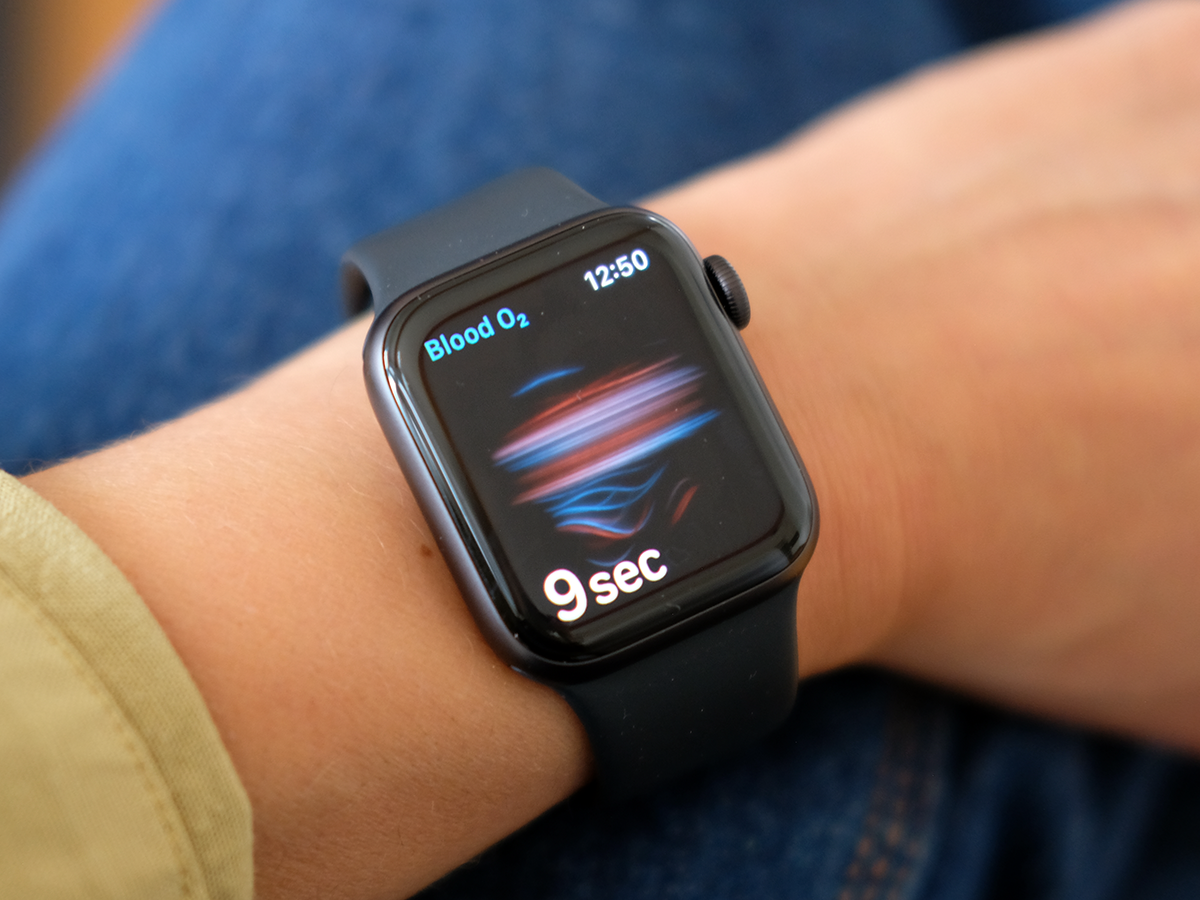
Until the Apple Watch Series 6 came along, SpO2 was just the answer to a question on University Challenge, but now it’s a must-have on any top-end wearable. How do you get through the day if you don’t know how much oxygen is in your blood when you’re waiting for the bus, at the chippy, or lying on the sofa watching another episode of The Queen’s Gambit?
This year has taught us all to be a bit more conscious of our own health and fitness, and the availability of stats like SpO2 can only help.
Tracking down Track & Trace
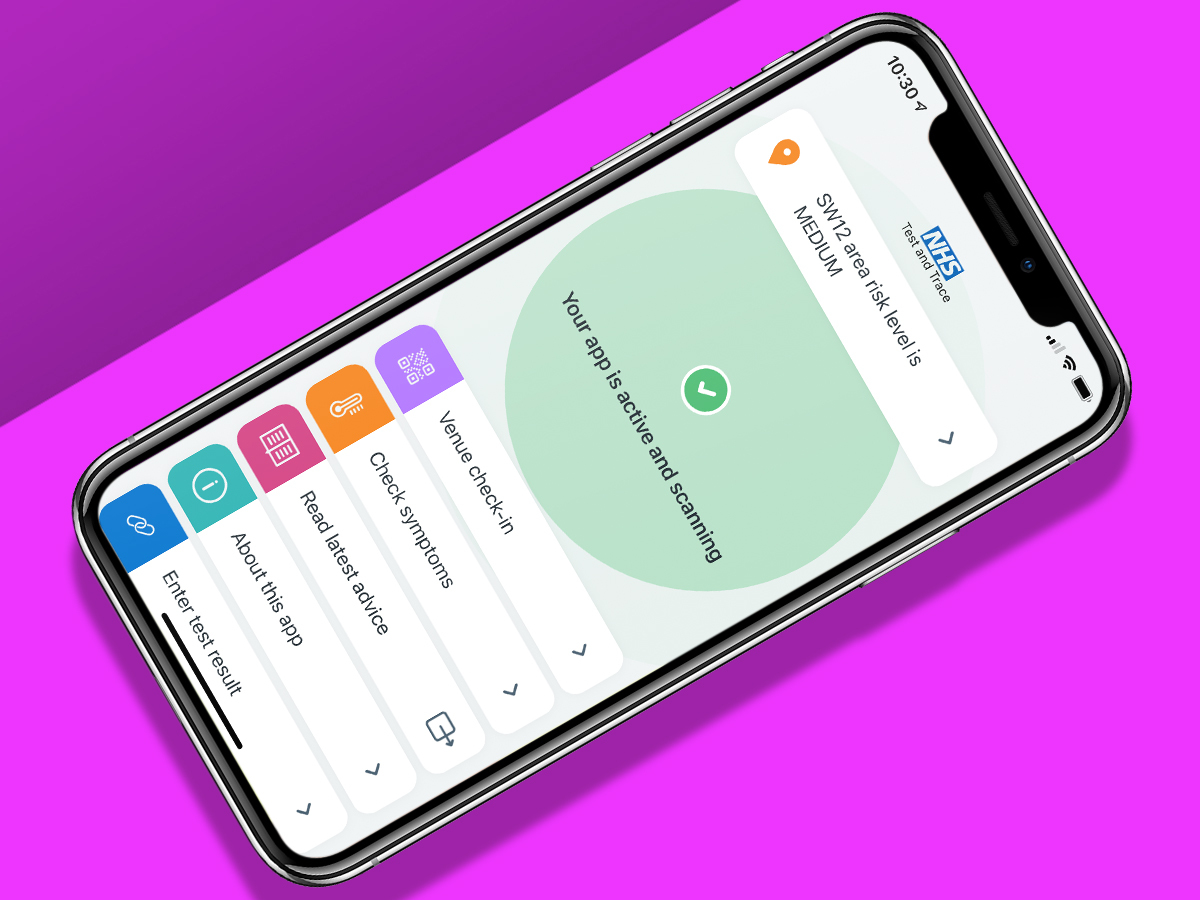
While health-tracking apps clocked fewer steps than ever, and screen time monitors racked up higher numbers than normal, the one app we were all waiting for this year didn’t appear until September.
The NHS COVID-19 app, which uses Bluetooth to work out if you’ve spent too much time near anybody who subsequently tests positive, had a troubled gestation and hasn’t exactly been an unqualified success since it was released, but as landmarks for public health and the use of mobile apps go, it’s a pretty major one.
Scooting towards an electric future
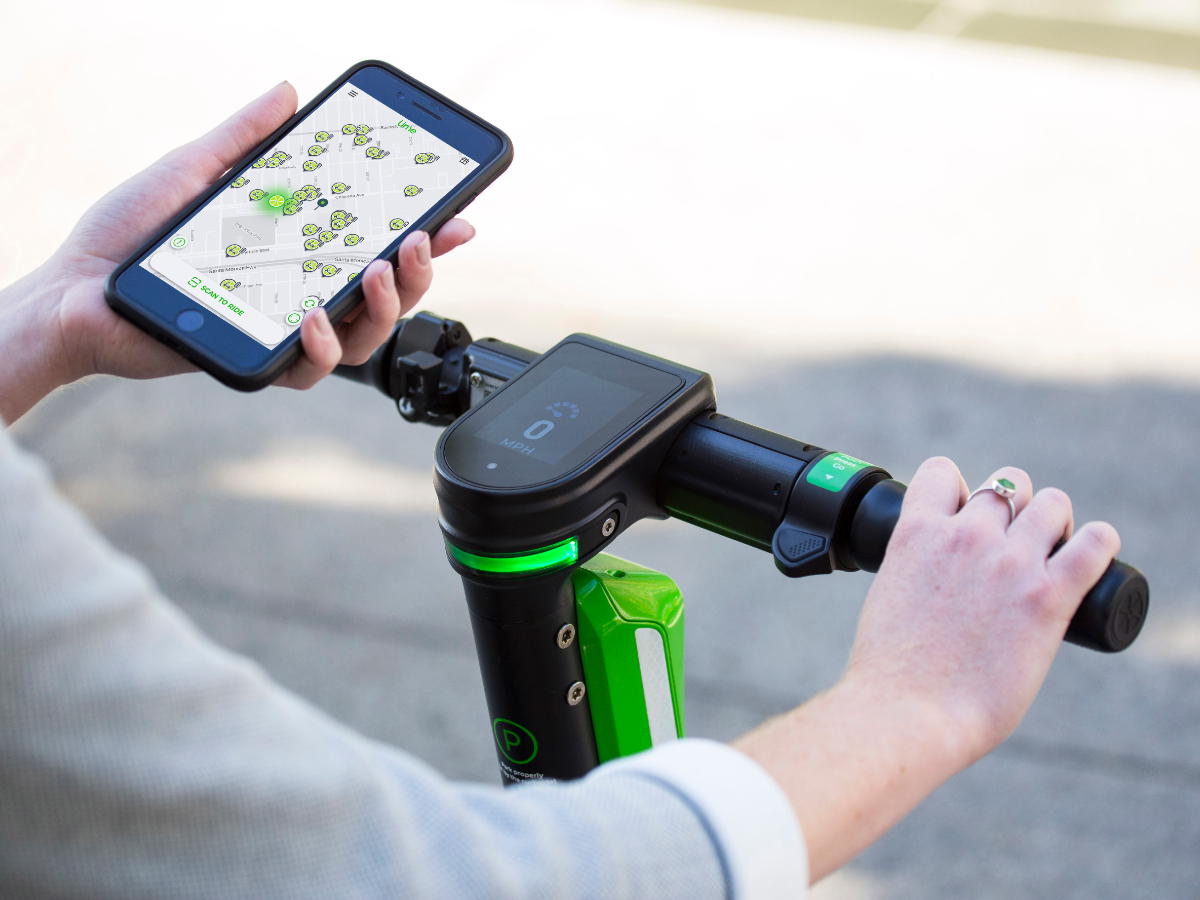
They might technically still be illegal to ride on UK roads – not that everybody seems to take any notice – but with coronavirus causing many people to treat public transport with suspicion, electric scooters have had an unexpected boost this year.
Trials have been given the go ahead across the country, although not all of them are up and running yet, with all riders required to hold a valid driving licence and wear a helmet, while the scooters will be limited to a top speed of 15.5mph. By this time next year, our streets could look very different.
Best phone cameras ever
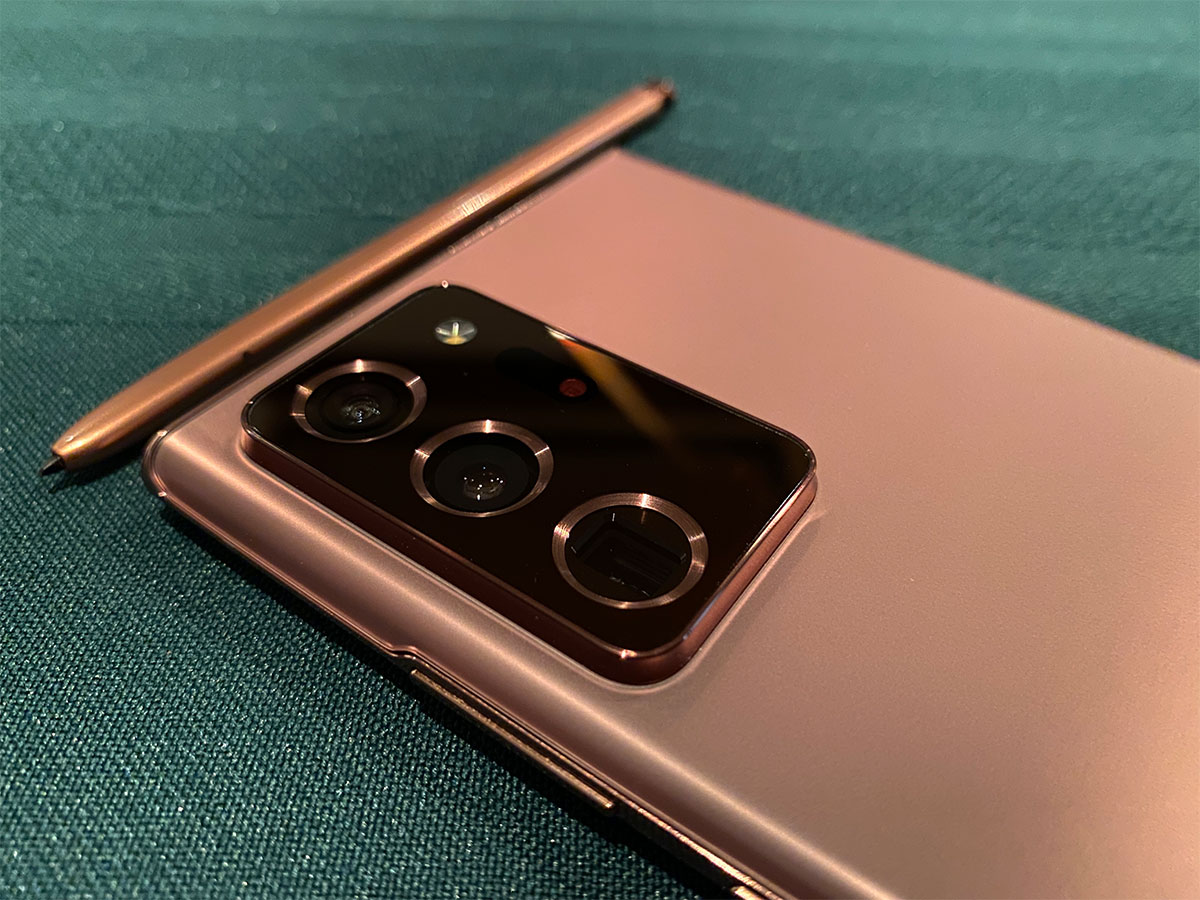
Whether it’s the Huawei Mate 40 Pro, Samsung Galaxy Note 20 Ultra, or Apple’s iPhone 12 Pro Max, it’s been a stonker of a year for phone cameras.
The combination of multiple lenses and computational photography skills has led to huge leaps in picture quality and low-light performance, while Apple’s new ProRAW format gives smartphone shutterbugs more control than ever. It’s just ironic that we weren’t able to actually go anywhere to make the most of them. Here’s to next year, eh?

